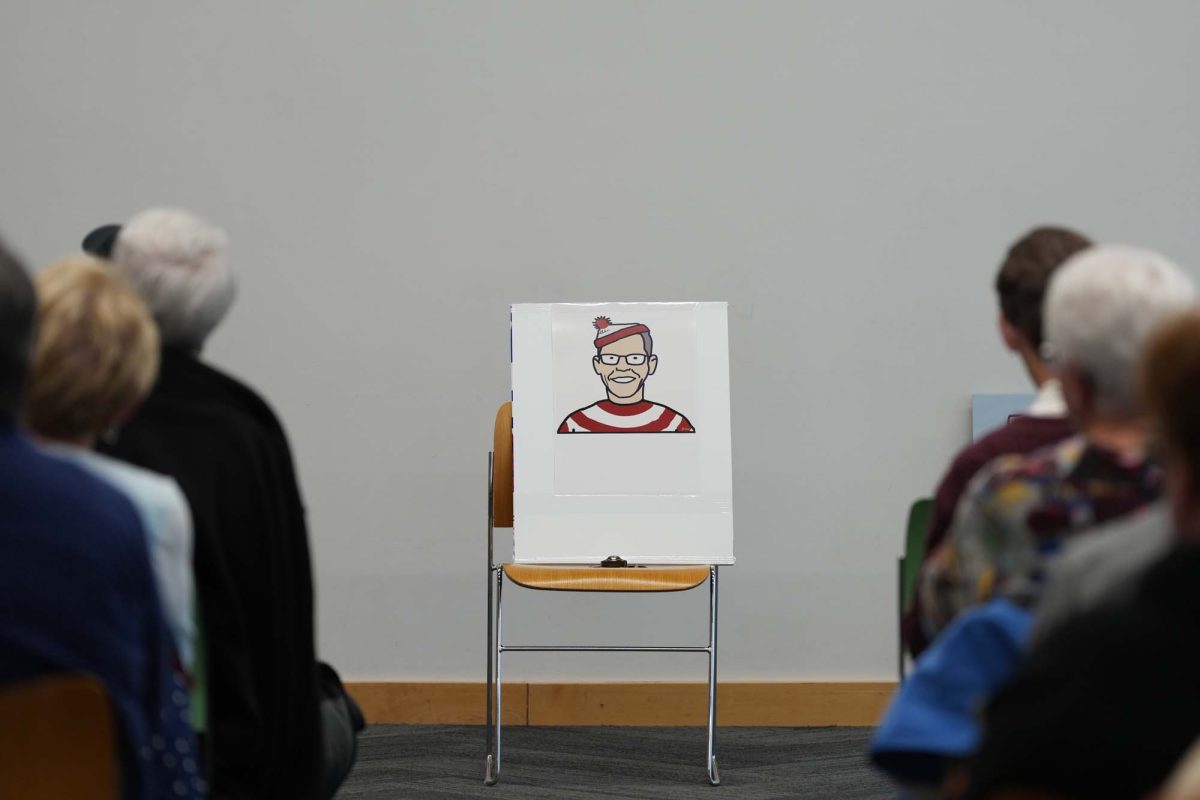Ames lab is center for mad cow disease testing
January 13, 2004
A laboratory in north Ames has garnered national headlines because of its link to the recent case of mad cow disease in Washington state.
The U.S. Department of Agriculture’s National Veterinary Services, located near 13th Street and Interstate 35 in Ames, has served as a focal point in the initial testing and confirmation of bovine spongiform encephalopathy, commonly known as mad cow disease.
Jim Roth, distinguished professor in veterinary microbiology and preventive medicine, said it made sense to send the samples to Ames for testing because Ames is home to three major agriculture department institutes.
The National Veterinary Services Laboratories, the National Animal Disease Center and the Center for Veterinary Biologics are all housed in Ames.
Randall Levings, director of the National Veterinary Services Lab, serves as a reference to veterinary diagnostics labs throughout the United States.
“We do all the diagnosis on some diseases of national importance [such as mad cow and exotic Newcastle disease], confirmatory testing, training and laboratory certification for some diseases,” Levings said.
Additionally, he said, the National Veterinary Services Laboratory provides proficiency testing for other labs on some other diseases like scrapie, chronic wasting disease and tuberculosis.
“The confirmed BSE case was a routine surveillance which was sent to Ames and found to be positive,” Levings said.
Approximately 20,000 samples were ran last year as part of a surveillance, and only one turned up positive for the disease, Levings said.
The National Animal Disease Center, which is the primary federal livestock research laboratory, also did some additional confirmatory testing on the original mad cow case, Levings said.
The National Animal Disease Center is research-based with a lot of early work with prion diseases (such as scrapie, chronic wasting disease and mad cow), viruses and cross-species transmissions. The center also does a significant amount of wildlife research, he said.
“The Center for Veterinary Biologics is the only national regulatory body for veterinary biologics,” he said. “They license, inspect the manufacture of and test commercial animal vaccines and diagnostics.”
The work of the Center for Veterinary Biologics is fairly broad, covering species from mice, dogs, livestock, poultry and equines, Levings said.






